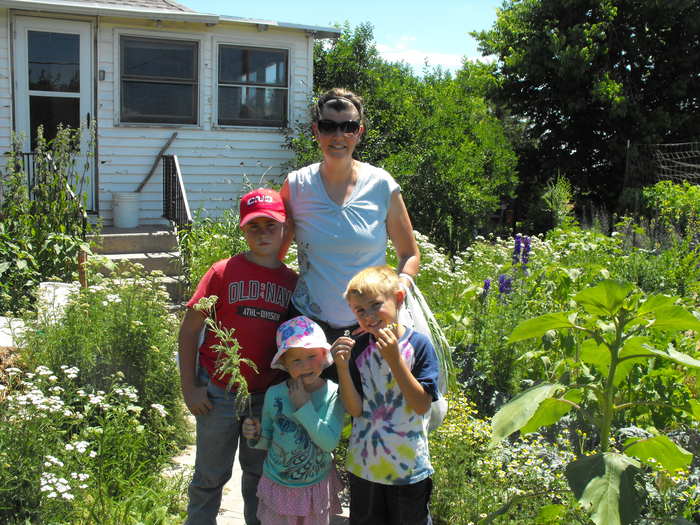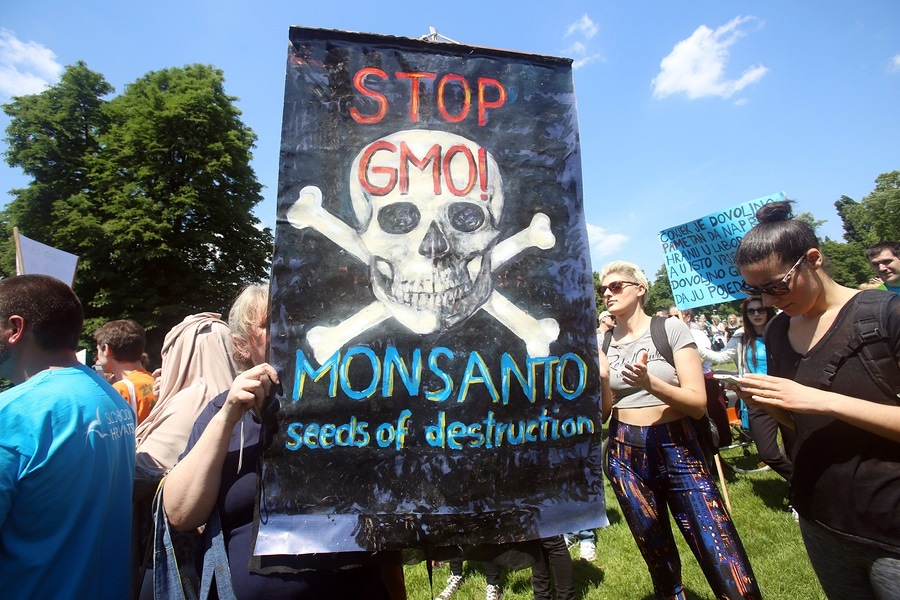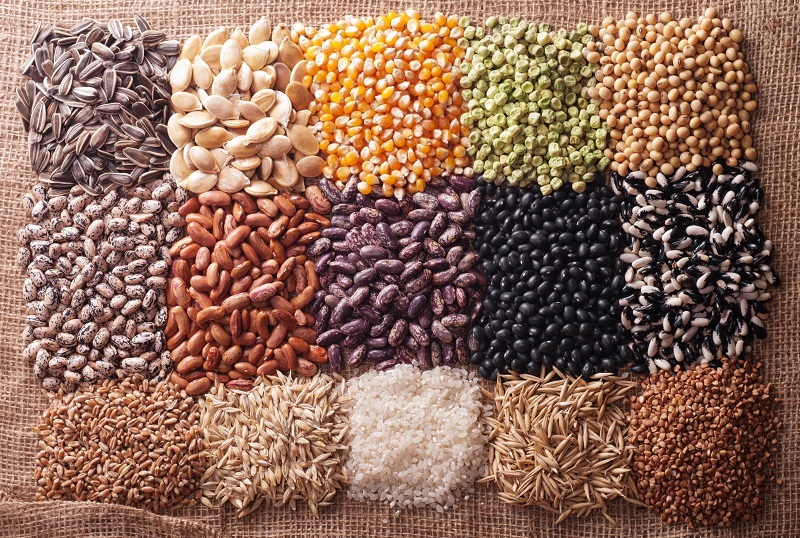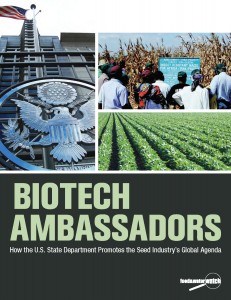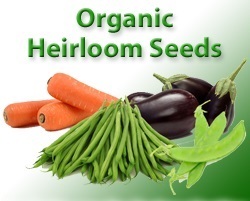Existence of Organic Seed Farm in Nebraska Threatened by Construction of Proposed Cement Plant
A nationally known organic seed producer faces contamination of their farm from a proposed cement plant and asphalt production facility. The City Council in Scottsbluff, Nebraska, will decide on Monday, August 21, 2017 whether they will sell 365 acres of city owned land for a cement plant and regional offices. The property is located next to Meadowlark Hearth Farm, which grows organic/biodynamic seeds. The farm sells its select variety of seeds to gardeners and farmers throughout the United States. During a recent Health Impact News interview, Beth Corymb explained that EPA regulations will not remove all the threats to their farm. She described the message that she delivered to Scottsbluff officials and to the local representative from Croell, Inc. Beth Corymb stated: "I tried to show them that we are not against industry coming into the area – we just don’t want it in an area where we are trying to do agriculture. We don’t want to see an industrial project created here for several reasons." Earlier this year, the City of Scottsbluff privately negotiated a contract with Croell, Inc. to sell its 365-acre parcel. When the intended sale became public and opposition from the greater community was voiced at the city council meeting, Councilman Scott Shaver took note. He objected when a proposal from other council members was made to bypass the standard process for the sale of the property. The third and last review of the ordinance, and the last opportunity for public comment, will be on Monday August 21, 2017.




